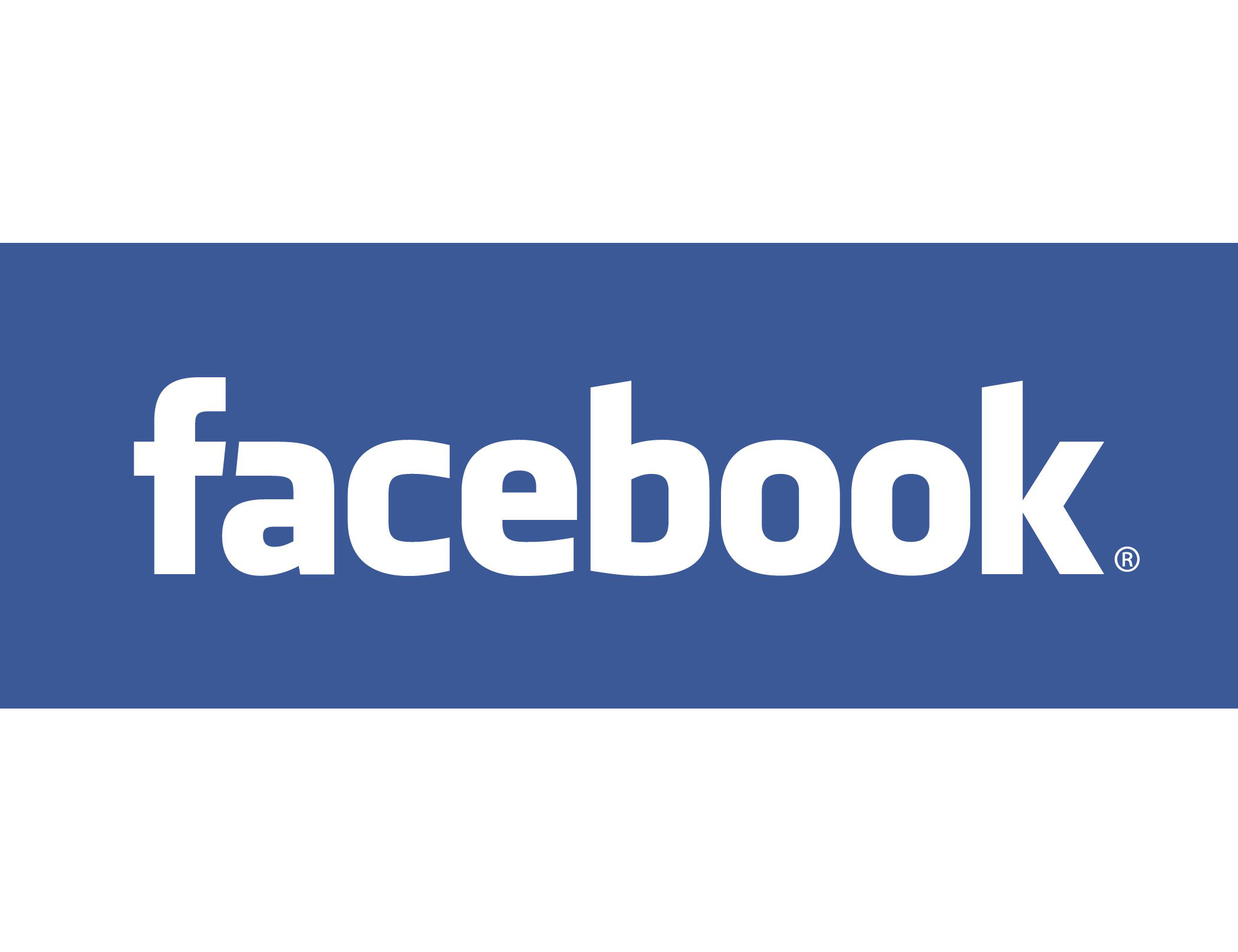 Many of us spend more time on Facebook these days than with our parents, spouses and friends. As Cathy O’ Neil writes in Weapons of Math Destruction—How Big Data Increases Inequality and Threatens Democracy: “About two-thirds of American adults have a profile on Facebook. They spend thirty-nine minutes a day on the site, only four minutes less than they dedicate to face-to-face socialising.” While, I couldn’t find a similar number for India, it is safe to say that many middle class Indians are spending a significant amount of their daily time on Facebook.
Many of us spend more time on Facebook these days than with our parents, spouses and friends. As Cathy O’ Neil writes in Weapons of Math Destruction—How Big Data Increases Inequality and Threatens Democracy: “About two-thirds of American adults have a profile on Facebook. They spend thirty-nine minutes a day on the site, only four minutes less than they dedicate to face-to-face socialising.” While, I couldn’t find a similar number for India, it is safe to say that many middle class Indians are spending a significant amount of their daily time on Facebook.
On Facebook, we comment, respond to other comments or simply Like other comments. In the process, we are generating as well as giving away data about ourselves.
In fact, this data when mined properly, in some cases is a better judge of our ourselves than even we are. Interestingly, a study published in 2015 found that the Facebook algorithm is a better judge of individual personalities than even the individual’s friends, spouses or parents for that matter.
As Yuval Noah Harari writes in Homo Deus—A Brief History of Tomorrow: “The study was conducted on 86,220 volunteers who have a Facebook account and who completed a hundred-item personality questionnaire. The Facebook algorithm predicted the volunteers’ answers based on monitoring their Facebook Likes – which webpages, images and clips they tagged with the Like button. The more Likes, the more accurate the predictions.”
Further, the predictions of the algorithm were compared with those of friends, spouses, family members and work colleagues. Indeed, the results were very surprising. As Harari writes: “The algorithm needed only ten Likes to outperform the predictions of work colleagues. It needed seventy Likes to outperform friends, 150 Likes to outperform family members and 300 Likes to outperform spouses.”
This basically means that if you are married and have happened to click 300 or more Likes on Facebook, the Facebook algorithm can predict your opinions, desires and tastes, better than your husband or wife.
Interestingly, in some areas the Facebook algorithm did a much better job of predicting about the individual than even the individual himself. As Harari writes: “Participants were asked to evaluate things such as their level of substance use or the size of their social networks. Their judgements were less accurate than those of the algorithm.”
Hence, the algorithm was doing a much better job than the individual himself. Interestingly, Wu Youyoua, Michal Kosinskib, and David Stillwella, researchers who carried out this research, conclude in their research paper Computer-based personality judgments are more accurate than those made by humans: “Furthermore, in the future, people might abandon their own psychological judgments and rely on computers when making important life decisions, such as choosing activities, career paths, or even romantic partners. It is possible that such data-driven decisions will improve people’s lives.”
All this is possible because Facebook has access to our innermost thoughts through our comments and Likes. The interesting bit is that the Facebook researchers have also studied how different type of updates influence people’s voting behaviour. As O’Neil writes: “No researcher had ever worked in a human laboratory of this scale. Within hours, Facebook could harvest information from tens of millions of people or more, measuring the impact that their words and shared links had on each other. And it could use that knowledge to influence people’s actions, which in this case happens to be voting. That’s a significant amount of power.”
Of course, Facebook is not the only company which has this huge amount of power. As O’Neil writes: “Other publicly held corporations, including Google, Apple, Microsoft, Amazon, and cell phone providers… have vast information on much of humanity—and the means to steer us in any way they choose.”
And in large parts of the world which are democratic, this is something worth thinking about.
The column was originally published in the Bangalore Mirror on January 11, 2017